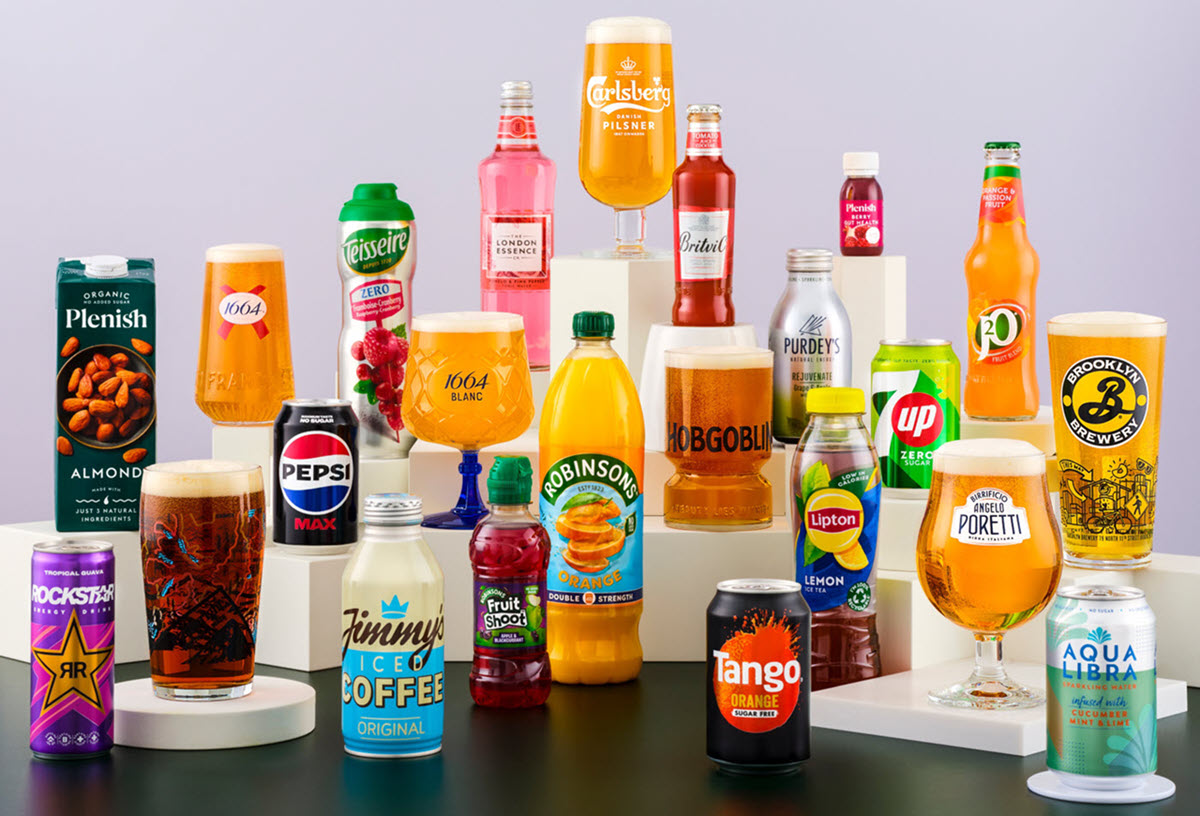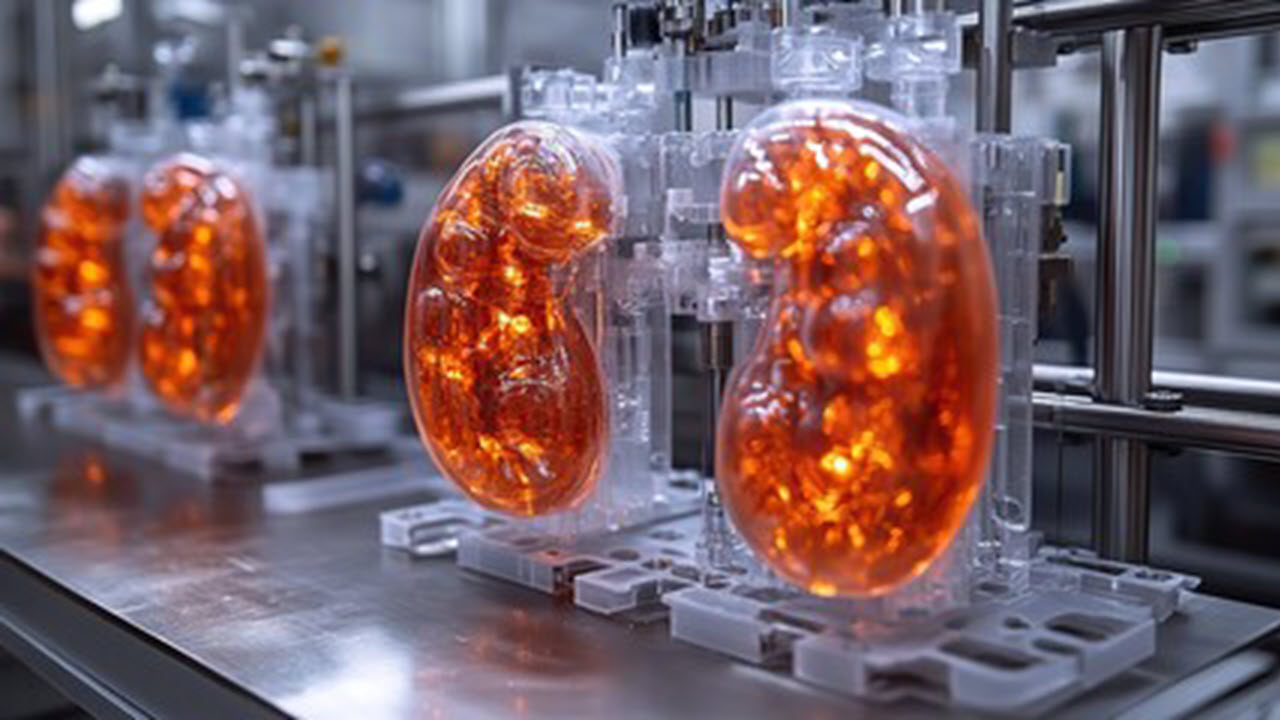Shipping firms are cautiously optimistic that a Gaza truce will enable safe passage through the Suez Canal. The 14-month Red Sea trade route disruption has cost tea companies millions of dollars by forcing all European-bound tea from Asia, South Asia, and Africa to transit South Africa, adding the cost of 10 – 12 days in transit. Drewery’s World Container Index decreased 11% this week to $3,445 per 40ft container, but shipping insurance premiums remain high. Yemen-based Houthis left open the possibility of resuming attacks. | Carlsberg UK Holdings has acquired Britvic, a leading international soft beverage manufacturer and distributor with a portfolio that includes soft drinks, energy drinks, plant milks, bottled juices, sparkling water, mixers, canned coffee, and ready-to-drink tea. Britvic’s annual turnover was £1.899 billion (about USD 2.3 billion) for the fiscal year ending September 2024. During that same period, Carlsberg reported a yearly turnover of 75 billion Danish Kroner (about USD 10.5 billion). | A study published in January in the peer-reviewed journal Renal Failure found that drinking up to four cups of tea daily was significantly associated with reduced deaths in patients with early-stage chronic kidney disease (CKD) and that oxidized tea has a particularly protective effect. | Singpho chief Duwa Bisa Nat Nong has passed at 71. He was cremated with full state honors by the government in Assam. Chief Nong was the great-great-grandson of the Singpho chief who introduced British explorers to the Assamica bush 180 years ago.


Carlsberg Acquires UK Beverage Bottler Britvic for $4.28 Billion
By Dan Bolton
Carlsberg UK Holdings has acquired Britvic, a leading international soft beverage manufacturer and distributor with a portfolio that includes soft drinks, energy drinks, plant milks, bottled juices, sparkling water, mixers, canned coffee, and ready-to-drink tea.
Britvic’s annual turnover was £1.899 (about USD $2.3 billion) for the fiscal year ending September 2024. During that same period, Carlsberg reported an annual turnover of DKK 75 billion (about USD $10.5 billion).
Britvic produces and distributes Lipton Ice Tea among several brands, including Pepsi Max, Gatorade, 7-UP, and Mountain Dew, under an exclusive licensing agreement with PepsiCo in Great Britain and Ireland.
With this acquisition, Carlsberg strengthens its relationship with PepsiCo, becoming its largest bottling partner in Europe.
Continued…
In a prepared statement posted online, Carlsberg Group CEO Jacob Aarup-Andersen said, “The Britvic acquisition is a pivotal milestone in the history of Carlsberg as we deepen our commitment to the UK market and write an ambitious next chapter in our growth story.
“Soft drinks are an attractive category that also brings significant synergies with beer. Britvic is a large-scale, well-established business with a strong portfolio of much-loved owned and partnership brands consistently delivering strong results.”
The transaction brings together an experienced and capable management team from both businesses that will drive attractive growth for the combined business.
Britvic’s French tea brand Teisseire includes a range of syrups, some of which can be used to create tea-flavored beverages. In Brazil, Britvic offers Natural Tea, a brand acquired in 2015. Natural Tea promotes a balanced lifestyle, providing herbal teas flavored with different fruit combinations.
“With the transaction complete, we are excited to create a highly attractive supplier of beer and soft drinks in the UK with an efficient supply chain and distribution network that provides customers with a portfolio of market-leading brands and world-class service,” writes Carlsberg.
Paul Davies, formerly CEO of Carlsberg Marston Brewing Company, was named CEO of the newly formed Carlsberg Britvic in the United Kingdom, effective today (Jan. 17, 2025).
Elsewhere, Pedro Magalhães retains his role as Managing Director of Britvic Brazil, and Kevin Donnelly retains his role as Managing Director of Britvic Ireland—both markets are now part of the Carlsberg Group.
The sale was announced in June 2024. The £3.3 billion deal was structured at 1,315 pence per Britvic share and included a special dividend of 25 pence per share.
Britvic was delisted from the London Stock Exchange on Jan. 20.

Kidney Mortality Rates Lower for Tea Drinkers Consuming Oxidized Tea
By Meagan Francis
A study published in January in the peer-reviewed journal Renal Failure found that drinking up to four cups of tea per day was significantly associated with reduced deaths in patients with early-stage chronic kidney disease (CKD) and that oxidized tea has a particularly protective effect.
Researchers Jin Li, Ph. D., and colleagues from the Guangzhou University of Chinese Medicine in China conducted a comprehensive secondary analysis of data collected by the National Health and Nutrition Examination Survey (NHANES) from 1999 to 2018. The primary goal was to examine the relationship between tea consumption and mortality in CKD patients at all stages.
From an initial 45,109 participants, the researchers narrowed their study focus to a cohort of 17,575 individuals. The study excluded pregnant participants who adhered to “extreme” dietary habits, defined as consuming more than ten cups of tea daily.
The cohort included 12,958 participants who reported never consuming tea, 3,412 who consumed 0–4 cups daily, and 1,205 who drank more than four cups of tea a day.
During the follow-up period, researchers tracked 5,835 deaths. After adjusting for confounding variables, including age, sex, race, education level, marital status, annual household income, comorbidities, and a long list of dietary and lifestyle factors, researchers found that consuming up to four cups of unsweetened tea per day was significantly associated with a lower risk of all-cause mortality compared to those who never drank tea.
Oxidized tea had a particularly protective effect: replacing one cup of green tea with a cup of oxidized tea, such as black or oolong tea, was associated with a 10% lower risk of all-cause mortality in CKD Stages 1–2.
The study’s authors surmised that the protective effect of oxidized tea may be due to thearubigins and theaflavins, compounds produced during the enzymatic fermentation of fresh tea leaves. Black tea polyphenols have been shown to have a positive effect on renal health.
An estimated 10% of the world’s population—over 800 million people—are impacted by CKD, and that number continues to rise. As their kidney function declines, CKD patients are often advised to adjust their diets, which can call the consumption of tea into question. While the researchers acknowledge that an observational study has limitations, its findings are encouraging for tea lovers affected by kidney disease.
Citation: Association of tea consumption with all-cause/cardiovascular disease mortality in the chronic kidney disease population: an assessment of participation in the national cohort | Jin Li,Xing-Ling Chen,Xiao-Lu Ou-Yang,Xiao-Jiao Zhang,Yue Li,Shu-Ning Sun,Ling-Jun Wang,Zhong-Qi Yang,Shi-Hao Ni &Lu Lu Article: 2449578 | Received 17 Jun 2024, Accepted 30 Dec 2024, Published online: 13 Jan 2025

Red Sea Shipping Attacks Paused Following Gaza Cease-Fire
By Dan Bolton
Shipping firms are cautiously optimistic that a Gaza truce will enable safe passage through the Suez Canal.
The 14-month Red Sea trade route disruption has cost tea companies millions of dollars. All European-bound tea from Asia, South Asia, and Africa was forced to pay for up to 10 additional transit days around South Africa to reach UK, Danish, and German ports.
Yemen-based Houthis announced the group would halt attacks on vessels and Israel during a ceasefire but left open the possibility of resuming attacks. The 42-day suspension of hostilities is contingent on the release of hostages and the complete withdrawal of Israeli armed forces from the Gaza Strip.
Maritime risk firm Ambrey said Houthi actions will continue while Israeli military forces operate within the Gaza Strip.
Reuters reports that container giant A.P. Moller-Maersk A/S and oil tanker owner Hafnia Ltd. are still monitoring the situation. Maersk said it would return to the Red Sea and sail through the notorious Bab el Mandeb strait when it’s safe, adding that it was still too early to speculate about the timing.
Drewery’s World Container Index decreased 11% this week to $3,445 per 40ft container, but shipping insurance premiums remain high.
Munro Anderson, head of operations at marine war risk and insurance specialist Vessel Protect, told Reuters, “This remains a deeply complex and volatile region where the idea of threat levels to vessels and their crews substantially subsiding in the near term is unrealistic.”
The mass resumption of transits through the Red Sea—which never stopped—would be significant for shippers and commodity markets.
“We might see some ships resume Red Sea transits in the coming weeks,” said Jakob Larsen, chief safety & security officer at shipping trade group BIMCO. “But it will require fairly strong indications of ceasefire stability before shipping in general resumes transits to pre-conflict levels. The container lines will probably take a little longer.”
BIZ INSIGHT – The threat of extraordinary US tariffs remains. Tea shipped from China is currently subject to 15% Section 301 tariffs and now faces an additional 10% levy. This week, the US House of Representatives introduced legislation to revoke China’s Permanent Normal Trade Relations Status (PNTR). If enacted, the legislation would phase-in substantial tariffs, starting at 10% in the first year and escalating to 100% by the fifth year.
The bill would eliminate the “de minimis” exemption for low-value Chinese imports, which allows goods valued under $800 to enter the US duty-free. China’s Low-cost tea could qualify for the “de minimis” exemption. However, ongoing legislative efforts might change this, eliminating exemptions for all Chinese goods.
Tariffs invariably lead to supply chain disruptions as tea companies restructure their supply chains to avoid higher expenses.


Listen to the interview
Tea Firms and Fans Share Financial Success
By Dan Bolton
Tea stakeholders globally find it difficult to access capital via traditional financial networks. Institutional investors cite daunting obstacles, including persistently low prices, a fragmented supply chain, and low profit-margins in commodity markets. The tea industry’s vulnerability to climate change heightens risk.
Since 2021, several tea companies have successfully turned to equity crowdfunding as an alternative to traditional loans and elusive venture capital.
Nepal Tea Collective founder Nishchal Banskota raised more than $600,000 from small investors to expand operations, including new retail stores in Kathmandu. Young Mountain Tea founder Raj Vable’s ongoing WeFunder campaign has raised $225,450 to construct and operate a community-owned tea-processing factory in Kumaon, India. Others include Revival Tea and CUSA Tea and Coffee, which raised $1.2 million in 2022.
Joining us today is Peter Yang, president and CEO of OverSubscribe+, a non-crypto, fully regulated way for customers and fans to fund company growth and earn back a share of the money they make.
Sharing is Caring (please share this newsletter link with a friend in tea)
Red Sea Shipping Attacks Paused Following Gaza Cease-Fire | Carlsberg Acquires UK Beverage Bottler Britvic for $4.28 Billion | Kidney Mortality Rates Lower for Tea Drinkers Consuming Oxidized Tea | Episode 202 | 24 January 2025
Sign up to receive Tea Biz weekly in your inbox.


